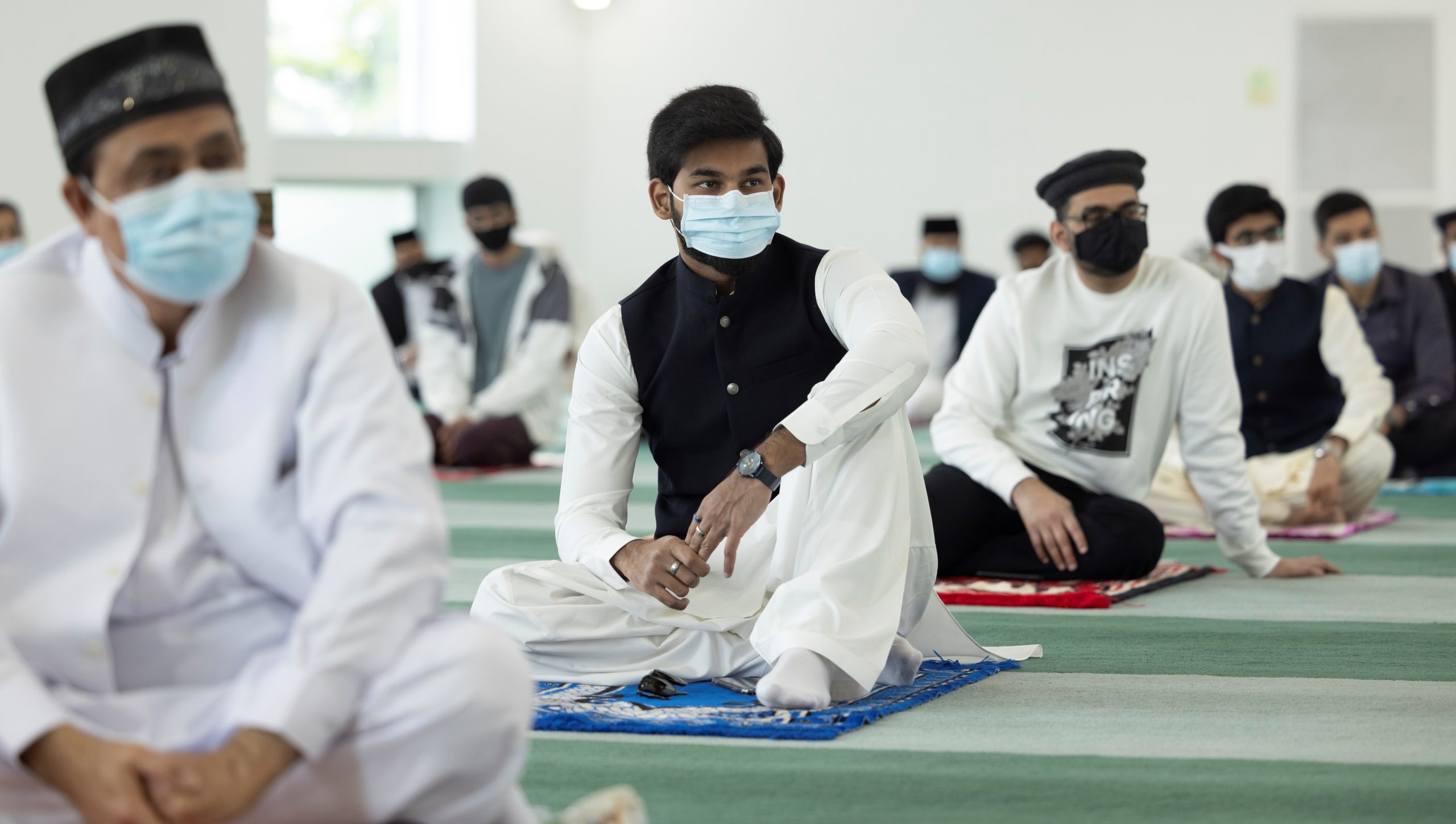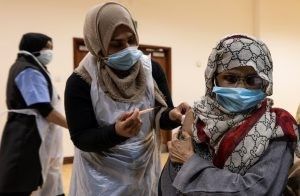
By: ShelbinMS
APRIL is a time of many religious and cultural celebrations. As many of us come together to celebrate our different faiths, some have questions about how we can see our loved ones, without passing on coronavirus.
Riyadul Karim, assistant director of primary care, Enfield, at NHS North Central London CCG, outlines practical steps that health professionals recommend to reduce the risk of infection. He also explains how it is important to get advice from health professionals for Muslim readers around the Ramadan fast.
In the past few weeks, we have wished Thai people a happy and peaceful Songkran, Tamil people Puthandu Vazthukal, Sikhs a healthy Vaisakhi, Jains Mahavir Jayanti, our Jewish neighbours a peaceful Passover, and wished Christians a happy Easter. And for Muslims, Ramadan continues. This is a holy month of prayers and fasting.
Can every Muslim fast during Ramadan?
It’s important to remember that sometimes, Muslims are advised not to fast, but to practise their faith in other ways. For example, Islamic scholars maintain that where fasting could make an existing medical condition worse, or affect a treatment, their continued good health must be a priority.
The Qur’an says we must not act in a way that harms our body. Your imam can advise you about fasting and valid alternatives to fasting during Ramadan. If you have a medical condition, please talk to the health professional who helps you to look after your health. Ideally, you will have already had this discussion at least a month before Ramadan started, but if not, it’s still advisable to get advice as soon as possible.
Health professionals recommend that prescribed medicines should ordinarily be taken during Ramadan. They also recommend that the timing or dose of your medication (including any injections) might need adjusting to ensure they continue to be as effective as possible. Islamic scholars agree medicines and injections are not nutrition and therefore won’t invalidate your fast.
If you have a condition such as diabetes, your health professional will discuss your type and how well-controlled it is, as well as the risks posed by fasting on both the management of diabetes and any other conditions you might have.
With your health professional you can also discuss what is best to eat and drink before and after your fast, and whether the timing, dose and type of your prescribed medication and any insulin needs to change. Your health professional will also advise you on when and how frequently to check your blood sugar levels, ensuring you know what to do if your blood sugar is too low, and signs and symptoms to be aware of.
If you get poorly and/or symptoms of Covid such as fever during Ramadan, this could lead to fatigue and dehydration and health professionals would advise to stop fasting until you are fully recovered.
Celebrations during the pandemic
Since the outbreak of coronavirus, many celebrations have been scaled back in size. In the UK, we have seen places of worship closed, parades cancelled and restrictions on how many people from outside our household we were permitted to meet. While most restrictions have now been lifted, Covid is not over, and we have a personal responsibility to our loved ones and neighbours, to come together safely.
If you have symptoms of coronavirus or respiratory infection, you are asked to try to stay at home and avoid contact with other people. The virus affects people individually. If it is mild for you, it doesn’t mean it will be mild for someone else. In fact, it could be fatal or lead to long Covid which can, for example, mean extreme tiredness or difficulty sleeping.

Other steps to celebrate safely include wearing a face covering/mask in public or enclosed spaces, opening a window when guests visit your home or business, continuing to wash hands regularly and thoroughly, and catching all coughs and sneezes in tissues before throwing them away. It is also important to have your Covid-19 vaccinations. This is our best line of defence and has reduced both deaths and hospitalisations from Covid-19.
More than 121 million Covid-19 vaccination doses have been given in England alone. Whether you are coming for your first, second or booster vaccination, you will be welcomed by staff. Please talk to staff if you have questions about the vaccine or a phobia of needles, so we can give you the help you need.
The vaccines used in England have been supported by scholars from across many different faiths, including Hinduism, Sikhism, Christianity and Islam. They do not contain any animal products and any alcohol is less than that found in a banana or slice of bread. As already mentioned, an injection is not nutrition, so you can be vaccinated during Ramadan, and it won’t invalidate your fast.
A second booster – or spring booster –is offered to people aged 75 and over, people living in care homes for the elderly and those aged 12+ who are immunosuppressed.
Vaccinations for your child
All children aged five and over can now get the Covid vaccine too, to increase protection for them and their families. To find out more and book online, visit www.nhs.uk
It’s also important that children are up to date with their routine NHS vaccinations to help protect them against a range of serious illnesses such as polio, measles and whooping cough. Find out more about what vaccinations are offered at what age by visiting www.nhs.uk and typing ‘NHS vaccinations and when to have them’.
If your child has missed any routine vaccinations, you can check your child’s red book or contact their GP practice.
When your child is at secondary school they will also be offered vaccinations through their school, including a booster to protect against diseases like tetanus, diphtheria and polio as well as a vaccine to help protect against human papillomavirus, which in some cases can lead to certain types of cancer, so we would strongly encourage them to have these vaccinations too.
Of course, even as an adult, if you think you may have missed some of your childhood or adult vaccinations, it’s never too late to check. You can speak to your GP practice about what you might need.
For more information about coronavirus see https://www.nhs.uk/coronavirus


